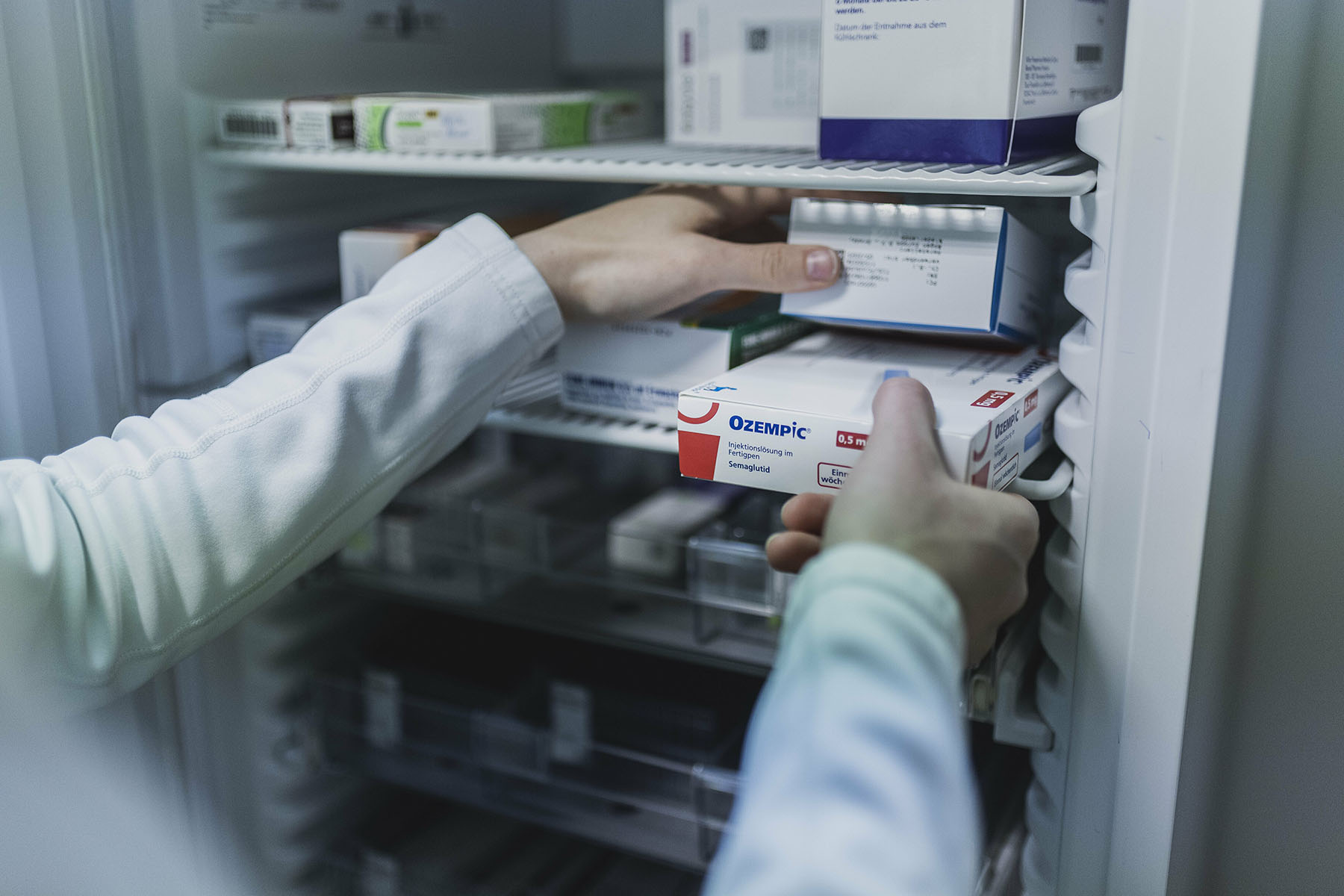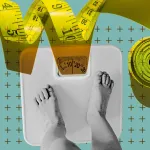Your trusted source for contextualizing health news. Sign up for our daily newsletter.
Women are substantially more likely than men to be aware of and interested in taking new prescription weight-loss drugs such as Ozempic or Wegovy, according to new polling from the nonpartisan health policy research group KFF.
About 51 percent of women said they were very or somewhat interested in taking these drugs, compared with 38 percent of men. And women ages 30 to 64 were most likely to be interested in using these weight-loss drugs; about 56 percent of women in that age range expressed interest, compared with just over 4 in 10 women younger than age 30 or older than 65. The poll did not receive enough nonbinary respondents to break out their level of interest in taking these drugs.
The gender gap isn’t surprising, said Ashley Kirzinger, a pollster at KFF, and likely speaks to the distinct and unequal expectations placed on women’s bodies.
“We have a long history of women being more pressured to care about their body and to be concerned about weight loss and be concerned about body type and how much they weigh,” Kirzinger said. “This really holds up to what we have seen.”
Those expectations, Kirzinger noted, are also heightened for women aged 30 to 64, which helps explain the heightened interest in that particular group in taking weight-loss drugs.
“Women whom society is most critical of about their weight are the groups most interested in taking these types of weight-loss drugs,” she said. “It’s not that complicated.”
Women were somewhat more likely than men to say that they had been told by a doctor they were overweight or obese, according to the poll. But the difference wasn’t enough to account for just how many more women than men indicated a desire to take medications like these or to weigh less in general, Kirzinger said. Women are also more likely than men to go to the doctor, a difference that could account for some of that gap, she said. (Data from the National Institutes of Health shows no statistically significant difference in obesity rates between men and women.)
About two-thirds of women said they were trying to lose weight, compared with just under half of men. Almost 1 in 5 women said they either had previously or were currently taking medication meant to help them lose weight, compared with 8 percent of men respondents.
The market for injectable drugs such as Ozempic and Wegovy — which share the same active ingredient, semaglutide — has exploded in recent months. Wegovy is approved by the Food and Drug Administration for weight loss, and Ozempic, which is approved for diabetes, has been prescribed off-label for the same. The FDA is currently reviewing an application from Eli Lilly to approve a third drug, Mounjaro, which contains a similar ingredient called tirzepatide, as a weight-loss drug. The medications have been studied as way to lose weight for people with obesity or those who have a higher body weight and at least one other “weight-related condition,” such as high blood pressure. Patients who don’t meet those qualifications have also started taking the medication, though it is often not covered by insurance.
The findings from KFF suggest that as the market for all three drugs grows further, manufacturers will likely try to appeal to women consumers.
The side effects for all three drugs can include severe vomiting, diarrhea, and in some cases pancreatitis or even malnourishment. Some people have also reported stomach paralysis, a condition in which food is delayed in exiting the stomach and that can lead to intestine blockage. European regulators are investigating whether there is a relationship between taking the medication and experiencing suicidal thoughts. The drugs also haven’t been extensively tested on people with lower body weights, and it’s not clear what long-term effects they could have. Weight loss initiated by these drugs can also reverse if people stop taking the medication.
When poll respondents were told that halting those drugs could mean regaining the weight they lost, interest declined and the gender gap disappeared. Interest also generally declined when respondents were told the weight-loss drug may be available as an injection, not a pill; that it might not be covered by insurance; and that it may not be approved by the FDA for weight loss specifically.






